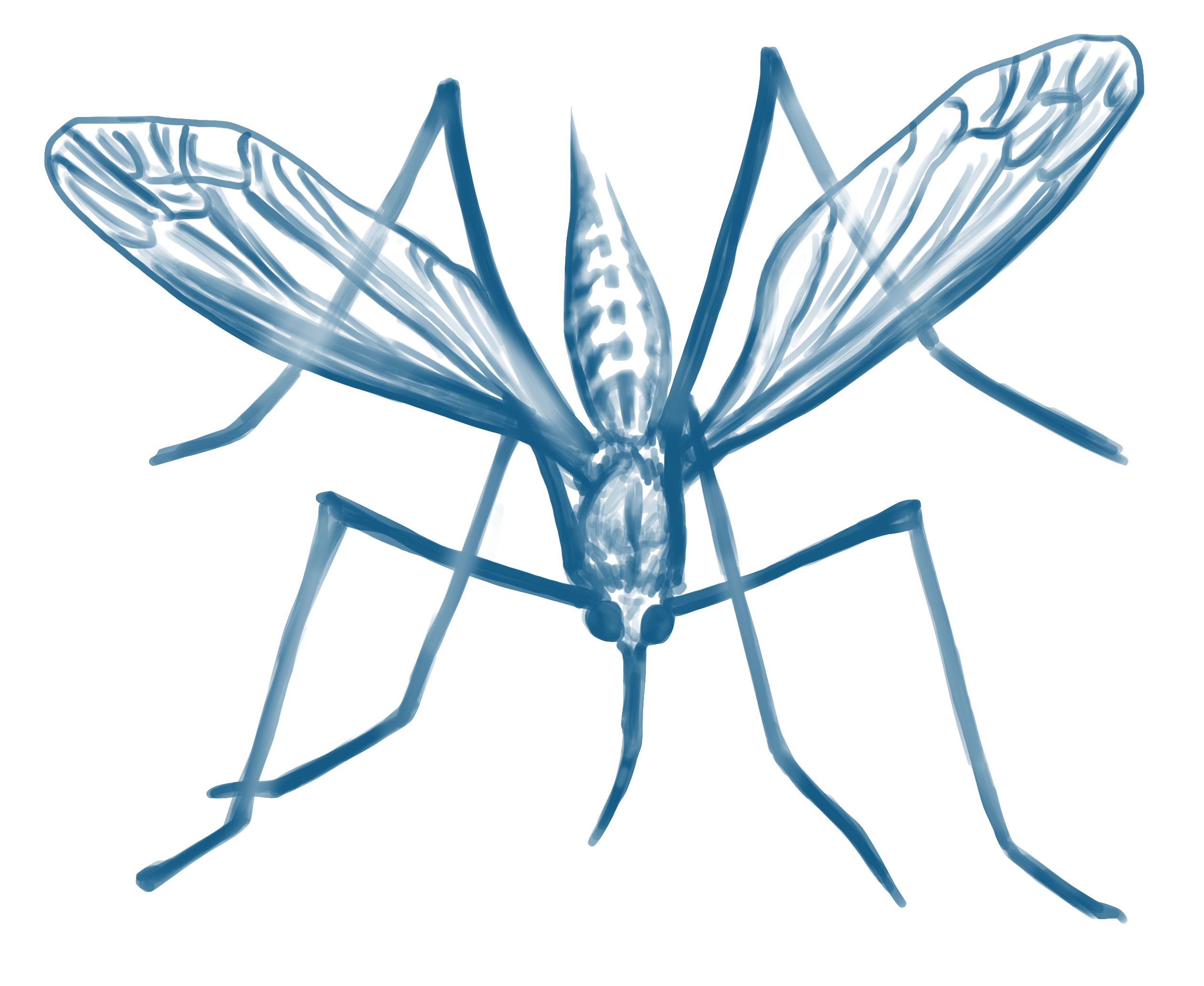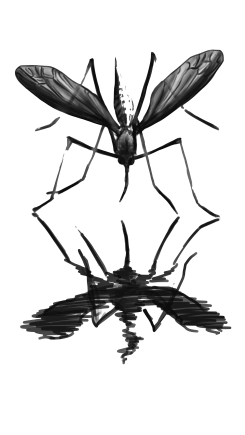The mosquito is one of the most dangerous animals on the planet. Through disease and plagues from the beginning of time, it has probably killed more people than any natural disaster or violence-ridden conflict. Although many interventions have been proposed, attempts to control vector-borne diseases have proved difficult, especially given the different existing strains of each of the diseases and a plethora of breeding sites for mosquitos. Using today’s advanced technology, one scientist believes that he has the answer: targeting the mosquito.
Hadyn Parry, a biotechnology entrepreneur and ceo of Oxitec, advocates rethinking genetically modified (gm) technologies, which he believes have been over-politicized and whose true promises and efficacies have not been honestly evaluated.
Female mosquitos are generally the spreaders of disease. Parry’s idea is to produce gm male mosquitos that will be able to locate and mate with female mosquitos in the environment. These male mosquitos have a gene that will cause the female to produce dead offspring, thereby decreasing the population of the deadly species of mosquitos spreading disease.
According to the World Health Orgazination, 50–100 million people are affected each year by dengue fever, one of the deadliest mosquito-borne diseases, primarily in tropical and sub-tropical regions. Parry’s sterile male mosquitos, developed at Oxford University, have been tested in the Cayman Islands, Malaysia, and Brazil. Trials have been primarily conducted in small villages of 2,000–3,000 people where researchers observed an 85 per cent decrease in the mosquito population about four months after the release of the gm mosquitos.
Currently, Parry is working on scaling up to communities of about 50,000 people. Though the production units are located close to Oxford University, transporting the gm mosquitos around the world to developing nations is not difficult — a coffee cup can hold about 3,000 eggs. In Brazil, the government has been so pleased with results that they have initiated plans to produce its own “mosquito factory.” Many, including Parry, believe that this is the future of mosquito control, and the positive results thus far can expand this research into other vector-borne diseases, such as malaria.
Although this may seem like a wonderful and novel idea, there is strong opposition and fear towards these genetic modifications to mosquitos, most of it rooted in resistance to gm crops. Much like gm crops, there is fear that gm mosquitos can evolve into a superbug or cause negative side-effects, such as unforeseen environmental and health complications.
Environmentalists caution that introducing gm mosquitos can have various ecological consequences, such as wiping out entire mosquito populations. However, Parry argues that this is precisely the point — eradication. This is also what separates gm mosquitos from gm crops. While both techniques are trying to produce a massive benefit, a gm crop aims to protect a plant, giving it advantages over all other plants. gm mosquitos, by contrast are given the greatest disadvantage by preventing them from reproducing effectively. A species, such as A. aegypti, which carry dengue fever and is not native to the us, can be eradicated. In his ted presentation, Parry emphasizes that, “For the mosquito, it is a dead end.”
Convincing health officials is only one barrier. There’s a cultural barrier with many preconceived notions against gm crops or ‘unnatural’ organisms. It may be difficult to convince communities to release even more mosquitos into their towns and to provide assurance that living with man-made mosquitos is safe. It’s also important to consider anthropological consequences, especially in small rural areas where technology and science may conflict with traditional or religious beliefs.
Furthermore, residents of a community may not want to be treated as guinea pigs, and there is concern that the trials are being conducted without full consent from the towns. Some environmental groups, such as Friends from the Earth, criticized Oxitech for not being “open and honest with local communities about the possible risks its technology poses.” Helen Wallace of GeneWatch uk even went as far as to say that these companies are treating “an overseas territory as a private lab.”
It’s great to see novel techniques fighting vector-borne diseases, especially because traditional methods of pesticides, bed nets, and larvicides are now being threatened due to resistance and unsustainably high costs. However, although many have commended this advancement, these promising preliminary results shouldn’t deter criticism and critical analysis. This is a new tool, and its long-term effects are yet to be seen.



